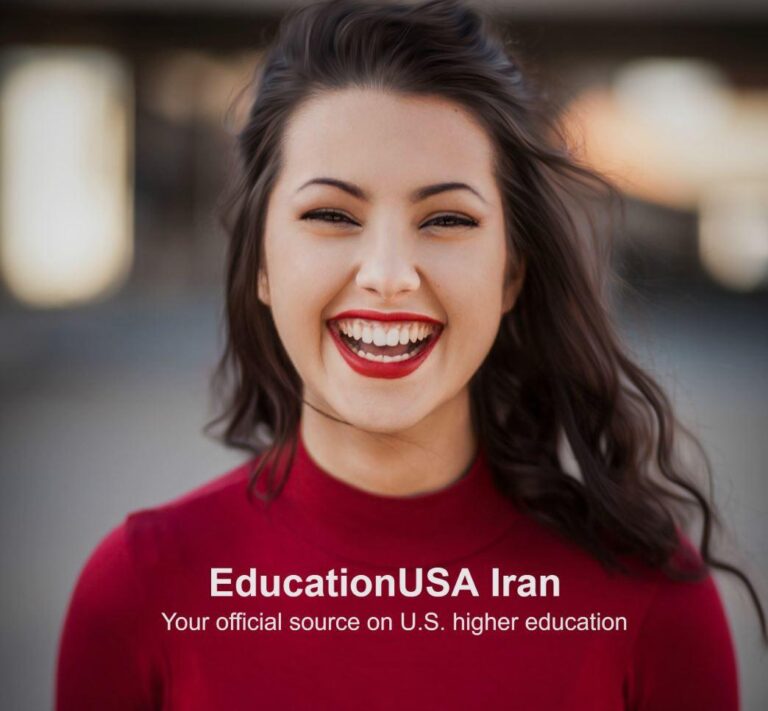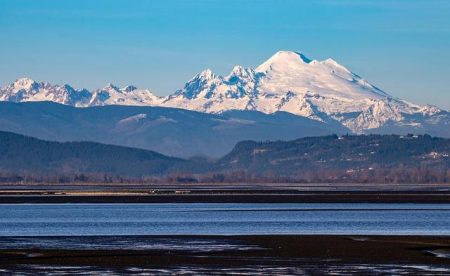Iranian Students’ Pursuit of U.S. Education: Overcoming Bureaucratic Barriers and Diplomatic Challenges
Complex Visa Procedures Amid Intensified Scrutiny
For many Iranian students, obtaining a visa to study in the United States has become an increasingly complicated and time-consuming endeavor. What was once a relatively straightforward process now involves navigating a maze of stringent documentation requirements, exhaustive interviews, and extended waiting periods. Heightened security measures and geopolitical tensions have led to additional background investigations, causing significant uncertainty and stress for applicants. This unpredictability often forces students to reconsider financial commitments such as application fees and travel expenses, given the risk of visa denial.
Primary obstacles encountered by Iranian applicants include:
- Prolonged delays due to supplementary administrative reviews
- Higher rates of visa refusals linked to political tensions
- Demanding proof of strong ties to Iran to satisfy immigration criteria
- Limited access to timely and trustworthy legal advice
| Process Stage | Typical Duration | Frequent Challenges |
|---|---|---|
| Submission of Application | 1-2 weeks | Delays in verifying documents |
| Scheduling the Interview | 3-6 weeks | Scarcity of available interview slots |
| Administrative Review | 4-12 weeks | Additional security background checks |
| Final Visa Decision | 1-3 weeks | Uncertainty and unpredictability of outcomes |
Unseen Obstacles: The Intersection of Ambition and Bureaucracy
Beyond academic challenges, Iranian students face a formidable bureaucratic labyrinth that tests their resilience as much as their intellect. The intricate web of visa regulations, security clearances, and administrative protocols often delays admissions and complicates access to scholarships and research collaborations. These hurdles require students to develop not only academic excellence but also extraordinary patience and strategic planning.
Diplomatic tensions between Iran and the U.S. further exacerbate these difficulties, introducing unpredictable elements that affect admissions and exchange programs. Iranian scholars must carefully navigate these complexities, balancing compliance with restrictive policies while steadfastly pursuing their educational goals. Success in this environment demands:
- Persistent resolve despite repeated setbacks
- Adaptive strategies to manage shifting political and legal frameworks
- Strong community support to counteract feelings of isolation and frustration
| Challenge | Effect on Students |
|---|---|
| Extended Visa Processing | Delays ranging from 6 to 12 months |
| Intensive Security Screening | Heightened scrutiny limiting access |
| Funding Limitations | Fewer scholarship and grant opportunities |
Policy Innovations to Enhance Academic Exchange and Research Collaboration
In response to ongoing bureaucratic challenges, new policy proposals aim to simplify visa procedures and foster stronger academic ties between Iran and the United States. These reforms emphasize transparency and streamlined processing, promoting institutional partnerships and creating a more supportive environment for scholarly exchange and innovation. Initiatives include prioritizing visa interviews for STEM students, expanding scholarship availability, and increasing funding for collaborative research projects.
- Fast-tracked visa processing for science, technology, engineering, and mathematics disciplines to encourage technological cooperation
- Broadened scholarship programs targeting underrepresented Iranian student populations
- Improved data-sharing protocols between universities and government agencies to enhance transparency
- Establishment of bilateral task forces to address ongoing challenges in academic collaboration
| Policy Initiative | Projected Outcome | Implementation Timeline |
|---|---|---|
| Visa Processing Overhaul | Reduce processing times by 40% | Q3 2024 |
| Joint Research Funding | Boost collaborative projects by 30% | Q1 2025 |
| Scholarship Expansion | Support over 500 students annually | Ongoing |
Fostering Mutual Understanding Through Educational Collaboration
Education remains a powerful tool for bridging cultural divides and easing longstanding political tensions between Iran and the United States. Iranian students studying in American universities act as vital cultural ambassadors, facilitating dialogue and mutual respect beyond formal diplomacy. Their academic journeys not only enrich their personal development but also contribute to a deeper, shared comprehension of global challenges and opportunities. Universities on both sides serve as hubs for innovation and empathy, where ideas transcend national boundaries and stereotypes are dismantled.
Core components strengthening this educational bridge include:
- Targeted scholarship initiatives: Empowering talented Iranian students to access U.S. higher education
- Collaborative academic programs: Facilitating joint research and faculty exchanges
- Cultural and language immersion: Building interpersonal connections that challenge political narratives
- Virtual education platforms: Expanding access amid travel and visa limitations
| Dimension | Contribution to US-Iran Relations |
|---|---|
| Student Exchange | Promotes empathy and reduces cultural biases |
| Joint Research | Encourages cooperative solutions to global issues |
| Cultural Engagement | Forges lasting interpersonal bonds |
| Policy Influence | Supports diplomacy informed by academic insights |
Conclusion: Perseverance Amid Complexity
Despite the intricate bureaucratic obstacles and geopolitical tensions, Iranian students persistently pursue educational opportunities in the United States with remarkable determination. Their experiences highlight the intricate interplay between international policy and individual aspiration. As these scholars navigate the challenges of visa restrictions and diplomatic uncertainty, their journeys underscore the enduring allure of American academia and the profound impact of educational exchange on global relations. The evolving narrative of Iranian students seeking U.S. education stands as a testament to resilience, hope, and the transformative power of knowledge in a divided world.







